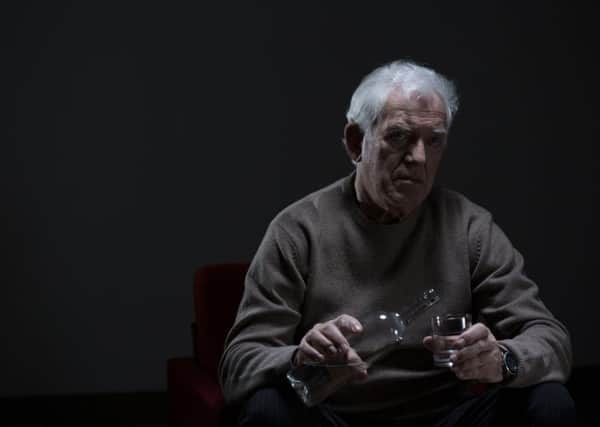Fears the over 50s have a drink problem as the baby boomers turn baby boozers


They fear the “baby boomers” generation is turning into the “baby boozers” due to the “rapid” rise of substance misuse among the middle aged.
Researchers at South London and Maudsley NHS Foundation Trust and Flinders University in Australia,say the number of people aged over 50 experiencing problems from substance misuse is growing rapidly, with the numbers receiving treatment expected to treble in the United States and double in Europe by 2020.
Advertisement
Hide AdAdvertisement
Hide AdThey called in The BMJ for a coordinated international approach to tackle the growing problem.
In both Britain and Australia, risky drinking is declining, except among people aged 50 and older, according to latest figures.
There is also a strong upward trend for “episodic heavy drinking” - or binge drinking - in the same age group.
But the researchers warned that the worrying generational trend is not restricted to booze.
Advertisement
Hide AdAdvertisement
Hide AdIn Australia, the largest percentage increase in drug misuse between 2013 and 2016 was among people aged 60 and over, with that age group mainly abusing prescription drugs.
People over 50 also have higher rates than younger age groups for both past year and lifetime illicit drug misuse, particularly cannabis.
The researchers said that with alcohol being the most common substance misused by older people, under-detection of drink problems is of immediate concern - and may increase further as baby boomers get older because of their more liberal views towards, and higher use of, alcohol.
They fear a lack of sound alcohol screening to detect risky drinking may result in a greater need for treatment, longer duration of treatment, heavier use of ambulance services, and higher rates of hospital admission.
Advertisement
Hide AdAdvertisement
Hide AdThe study suggests that treatment programmes adapted for older people with substance abuse issues were associated with better results than those aimed at all age groups.
But the researchers pointed out that doctors will need improved knowledge and skills in assessing and treating older people at risk of substance misuse.
Study co-author Dr Tony Rao, consultant old age psychiatrist at South London and Maudsley NHS Foundation Trust, said: “There remains an urgent need for better drug treatments for older people with substance misuse, more widespread training, and above all a stronger evidence base for both prevention and treatment.”
He added: “The clinical complexity of older adults with substance misuse demands new solutions to a rapidly growing problem.
“So far, there has been little sign of a coordinated international approach to integrated care.”